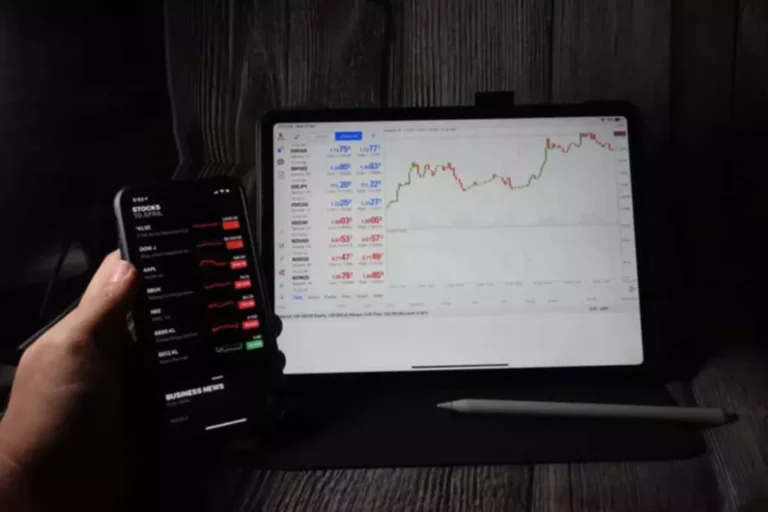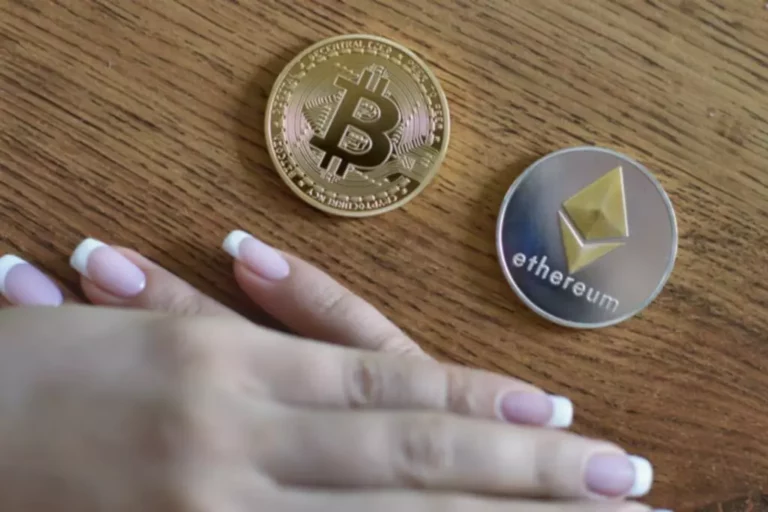Your cart is currently empty!
How Safe Is Coinbase and Coinbase Wallet? A Comprehensive Guide
Content
Bitstamp’s fee structure is competitive, with a tiered system that reduces costs as trading volume increases. It is a hot wallet, which is always online, but your private key is still stored locally on your trusted device. Yes, Coinbase Wallet is considered safe due to its advanced security features, non-custodial nature, and encryption technology. However, like any crypto wallet, its safety largely depends on how well https://www.xcritical.com/ users protect their private keys and recovery phrases. Any of the wallet types described above — hot wallets, cold wallets, hardware wallets, etc. — have multisig versions.

Best Crypto Exchanges in Canada (January
However, DEXs generally have lower trading volumes and fewer trading pairs, leading to lesser liquidity. Choosing between a crypto wallet and an exchange can be overwhelming, especially for new users. This comprehensive comparison will walk you through the pros and cons of both options so that Exchange (organized market) you can make an informed decision. From security to fees, we’ll cover everything you need to know to help you get started on your cryptocurrency journey. It’s critically important to remember, however, that insurance rarely covers user errors, such as falling victim to phishing scams or losing private keys. This means that you’ll often see exchanges that offer insurance also provide robust user education and other support to help minimize risks.
- Lastly, backup options are crucial; you don’t want to lose access.
- Safeguarding this information, via a wallet, is a fundamental aspect of crypto storage.
- Many modern wallets allow users to exchange cryptocurrencies via third-party exchanges.
- Launched in 2016 as a web extension, MetaMask is a popular cryptocurrency wallet used by over 30 million people.
- Exchanges are perfect for someone who likes getting into the ebb and flow of the market; wallets are ideal for the cautious investor whose top priority is security.
Cryptocurrency Exchanges vs. Wallets: Laws and Regulations

A significant amount of crypto theft arises from bad actors getting access to private keys through hacks of exchanges/wallets or scams that trick people into revealing them. Tokens can also be lost forever if you were to lose your difference between crypto wallet and exchange private key and seed phrase. Wallets, especially cold wallets, can provide enhanced security against hacking and online threats.

Benefits and Drawbacks of Crypto Exchanges
Effective security also matters because blockchain transactions are permanent and irreversible. Before exploring the different storage methods that are available, it’s important to first understand why secure storage is such a fundamental consideration for crypto investors and traders. While no crypto storage method is foolproof, knowing more will help you improve the security of your digital assets. NFTevening is a renowned and award-nominated media platform dedicated to reporting on the cryptocurrency industry.
Crypto.com App Lists Vana (VANA)
Crypto wallets boost security by letting users manage their own keys. Cold wallets, like hardware ones, increase this by keeping keys offline. Conversely, exchanges have your keys, which could lead to risks if they get breached or face technical problems. As for centralized exchanges and custodial wallets, the latter are safer than the former if you do enough to protect your account.
The straightforward layout appeals to beginners, while its robust features satisfy more experienced users. Non-custodial wallets, on the other hand, allow a user to retain full control of their funds, since the private key is stored locally with the user. If you’re a beginner, you may find an exchange more user-friendly and easier to navigate.
Exchanges can be vulnerable to hacks, whereas dedicated wallets, especially cold wallets, offer greater protection for your assets. Crypto wallets are safe if you follow the proper practices and use a company with good security. In general, moving cryptocurrencies off an exchange to a wallet helps protect your digital assets.
If you don’t have time to figure out how to use the exchange, you may pay a high fee and exchange tokens right in the wallet. It’s better to store your funds in a wallet, not on the exchange. First off, it’s safer, secondly, wallets usually provide more tools to track your portfolio. Of course, like wallets, exchanges do care about the security of users’ funds and data and provide protection measures. The private key, on the other hand, acts as your digital signature.
Conversely, crypto’s volatility could lead to significant gains or overwhelming losses. The question is whether you’re willing to take the risk for the chance of a bigger reward. Traditional banks have long been viewed as a safe haven for your money. They offer principal protection, meaning your initial investment remains intact even during market downturns. For example, if the stock market crashes, your money in banks isn’t affected – you can rest assured that your money is safe.
In the realm of buying and selling cryptocurrencies, a plethora of exchange types await. Each type comes with its own merits and demerits, making it imperative to grasp these nuances prior to making a choice. Compatibility with the cryptocurrencies you intend to hold is also a pivotal consideration when choosing a wallet. Certain wallets may only support a limited range of cryptocurrencies, requiring thorough research before making a decision. However, users must trust the exchange with their funds and personal information, which can be risky if it is not adequately secure.
They’re connected to the internet, allowing for immediate transactions, which is beneficial for frequent trading. This article sheds light on the characteristics of wallets and exchanges, explains which type of the platform fits your needs better, and answers other crucial questions. Each of these wallets has a unique set of features and security measures, catering to a range of user needs and levels of technical proficiency. Using a hot wallet managed by a third-party custodian could be a problem if the company goes out of business.
As the cryptocurrency market continues to evolve, investors are constantly seeking the next big opportunity. We’ll discuss their use cases, recent news, and altcoin prices, helping you make an informed decision about which altcoin pay attention to. CEX applications are ideal for beginners or those who prefer a more regulated environment with customer support. Also, CEXs have more advanced trading features such as margin trading, futures trading, and stop-loss orders. However, since CEXs are often subjected to stricter regulations, it can cause delays in the transfer and withdrawal of funds.
A crypto exchange is an online platform where people can buy, sell, and trade different cryptocurrencies. A crypto wallet is software that safeguards private and public keys. Deciding where to store crypto assets is critical for any investor, as well as balancing accessibility and security.
One drawback of this cryptocurrency hardware solution is it experienced a hack in July 2020, in which one million email addresses were leaked. The shipping information required to purchase an item was stolen. Ledger hired a new chief information security officer in response to the hack. Hardware wallets range in cost from $79 for the Ledger Nano S Plus to $149 for the Ledger Nano X.
Αφήστε μια απάντηση